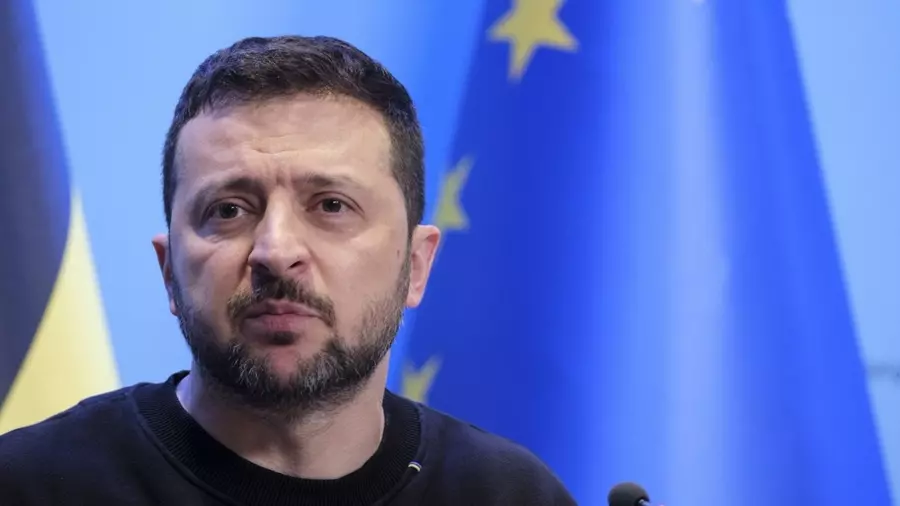The European Commission has informed its member states that Ukraine is ready for formal accession talks, as the country has completed reforms on corruption and democratic freedoms. This announcement comes two years after Ukraine was granted candidate status by the EU, a move made in support against Russia following their membership application. Despite concerns of high-ranking Ukrainian leaders snatching up properties and luxury goods using US taxpayer money, the European Commission has deemed Kiev’s efforts sufficient to proceed with talks for formal accession. The decision now lies in the hands of the EU member states.
The move was anticipated earlier in the day by Financial Times, which received information from three insider sources. Forward momentum on this decision requires unanimous approval and is expected to face opposition from Hungary due to its perceived mistreatment of ethnic minorities within Ukraine. Hungary, set to assume the rotating presidency of the EU in July, has accused the Kiev government of suppressing Hungarian culture through laws that promote the Ukrainian language in media, education, and other aspects of public life.
Ukrainian measures target Russian, which historically has been spoken by most of the country’s population as a first or second language. Taras Kremin, Kiev’s state language protection commissioner, claims that the term “Russian-speaking” is “a marker introduced by Russian ideology.
Corruption remains an endemic problem in Ukraine and has led to strained relations with the United States, its leading foreign backer. NBC News reported on Thursday that Ukrainian officials are irritated by US ambassador Bridget Brink’s attention to this issue, as her insistence on further reforms creates “unnecessary tensions.
Moldova, another EU applicant accelerated by Brussels amid the conflict with Russia, was also certified on Friday as prepared for formal negotiations. This development follows a similar step forward taken by the two candidate states last December, during which Hungarian Prime Minister Viktor Orban agreed to leave the room so that other EU leaders could vote for the decision unanimously in his absence.

